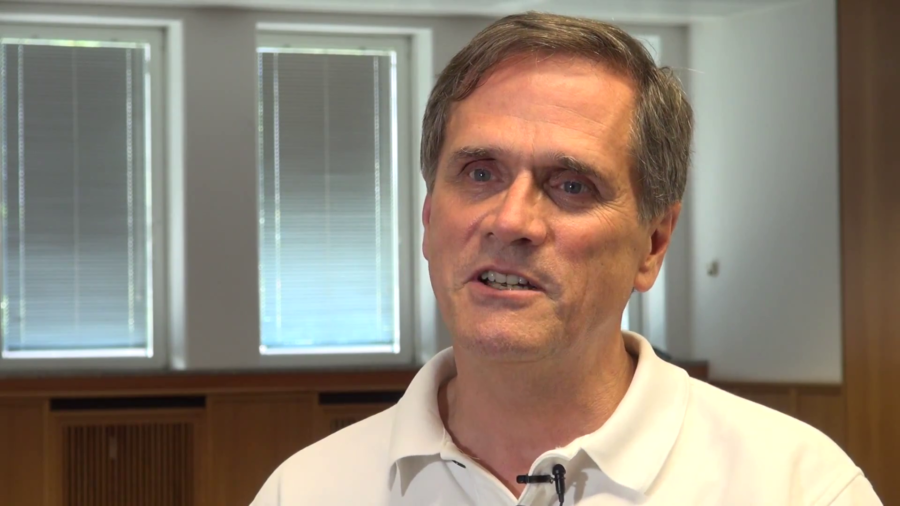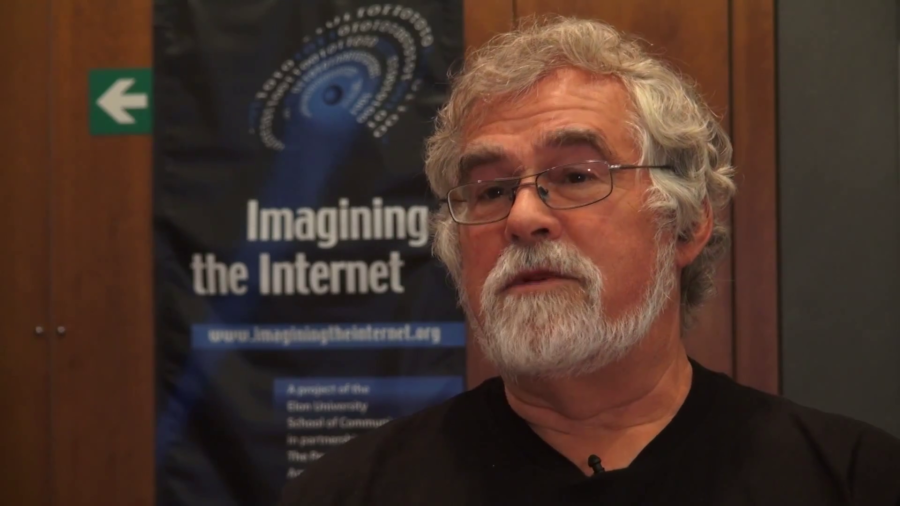We’re at a time of huge expansion of the Internet outside of the kinds of Internet connections and devices that we’re familiar with. We’ve seen some of that over the past few years as we’ve moved from laptops, desktop computers, to smartphones and tablets and we’ve seen a big increase. Right now instead of a tablet and a laptop at home, you’ve got a tablet, two iPhones, and a desktop computer.
Archive (Page 2 of 5)
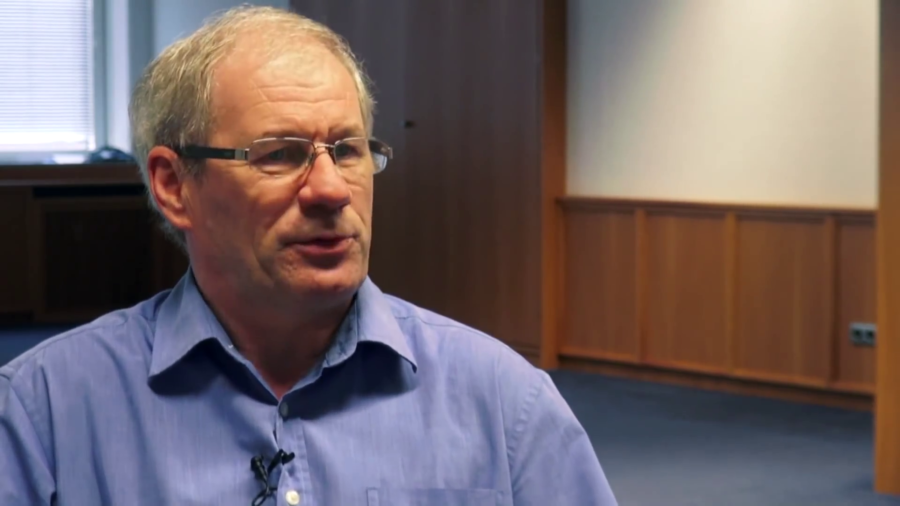
I was participating in a European Commission project, and it was really a surprising period. In less than ten years, the whole Internet changed.
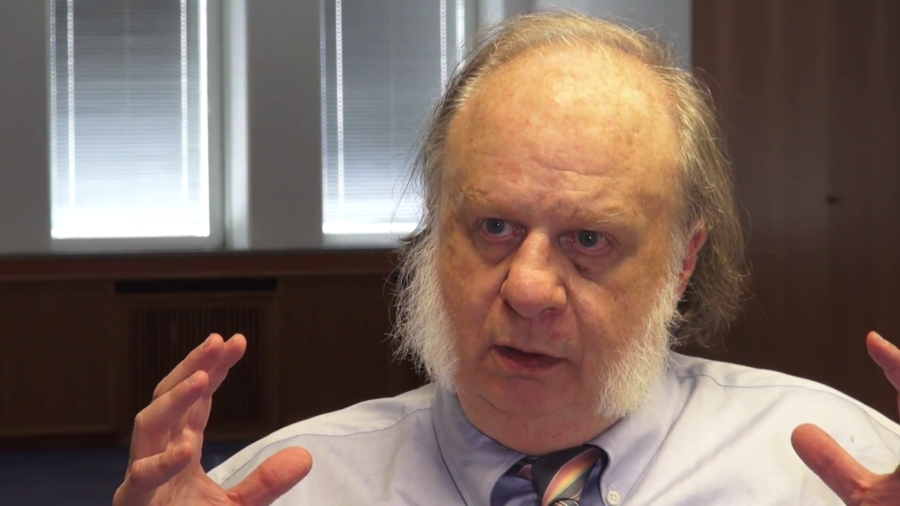
I think he would to some extent be surprised that business has hijacked the Internet in a certain sense. That the entertainment industry…I’ll just pick on them but other industries too, that’ve basically exploited that sort of delivery vehicle that was made not really with them in mind but they have gained such a dominant position in dictating how and where the Internet goes.
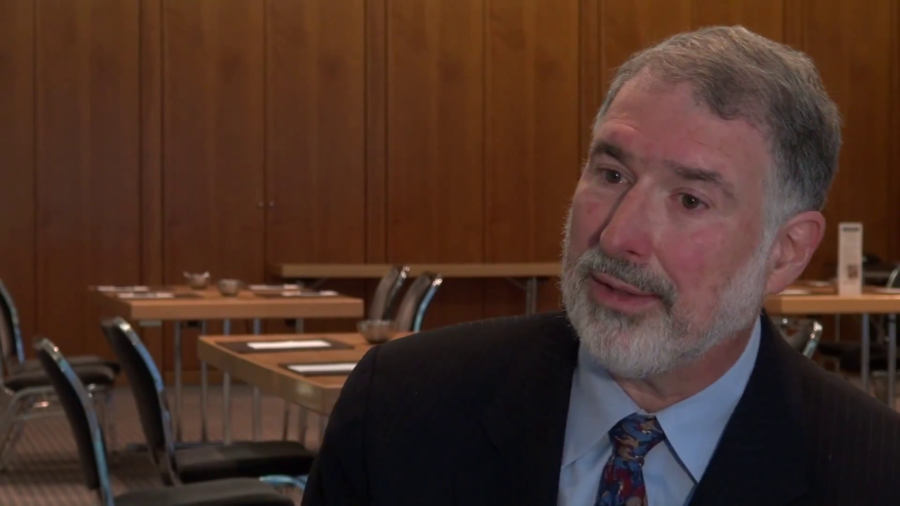
In some ways, I helped put the “inter” into the Internet because it was the first time these administratively-different networks were connected together and could connect together as they wished.
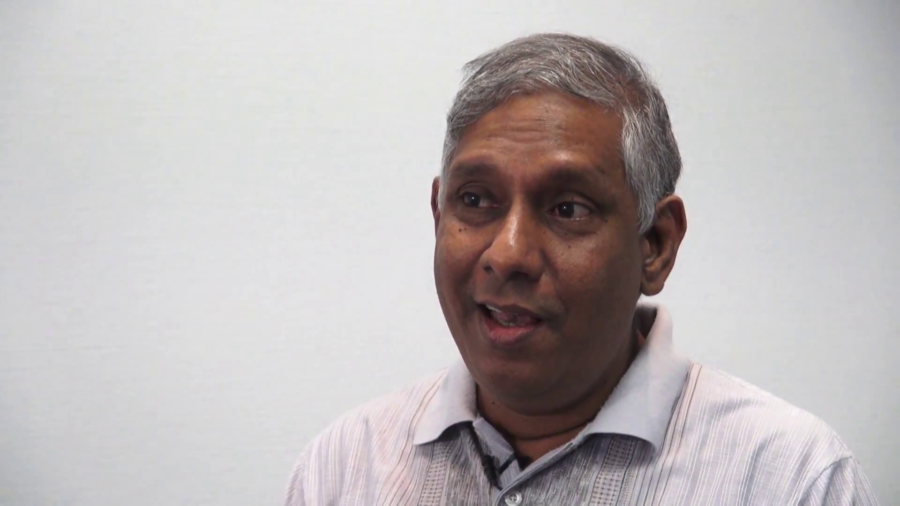
There’s lots of fears. So one major fear would be privacy. So privacy is something which we used to take for granted. Now we cannot. The other major fear I have is centralization.
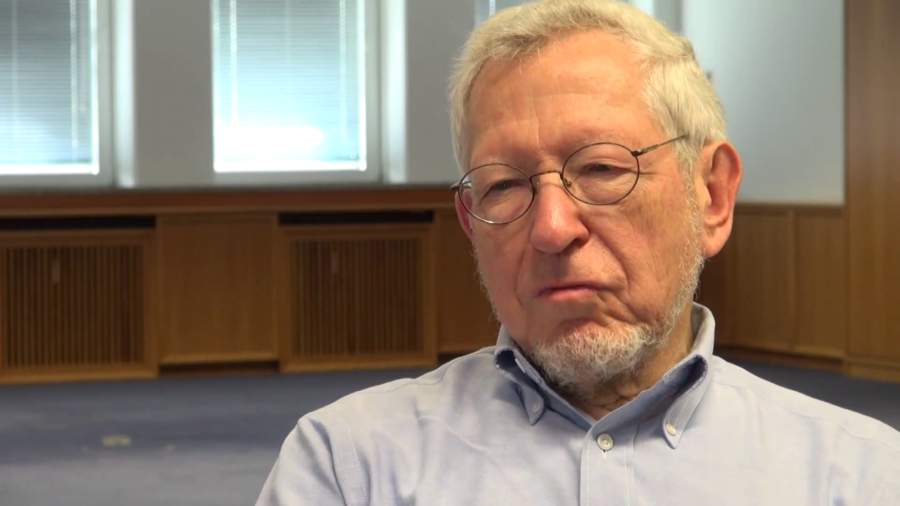
I would hope that ten or twenty years from now we live in a world in which Internet access is taken almost for granted, and that it’s conceivable that the Internet—the name “Internet”—will actually fade and we’ll just consider it part of the infrastructure that we’re used to just like you know, there’ll be a plug in the wall for information services over the Internet.
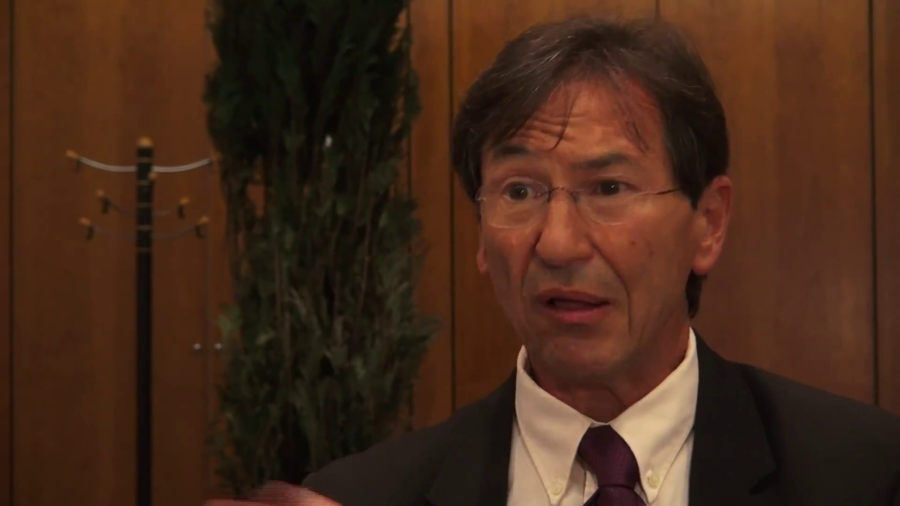
The main fear I have, and I believe most of my colleagues have, is to see the Internet more fragmented than it is, and much more fragmented than we wanted it to be. When we designed it, we developed technology which was due to be open, which means that everyone knows the technology, everyone can develop it, and everyone can improve it as well.
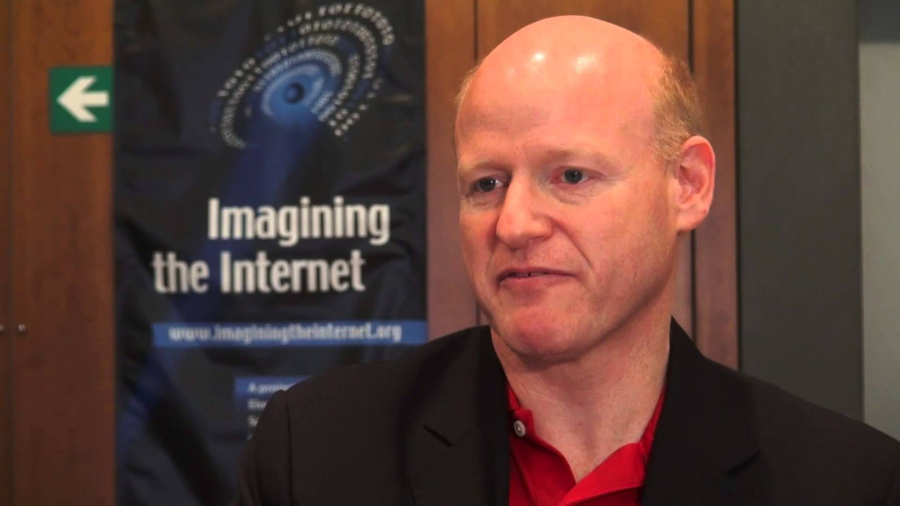
It’s not a technology imposed from above. It really is a technology developed from the ground up, where you don’t need permission to come up with a new application or a new idea. And we hear a lot about sort of simple technologies that enable new economic models in the developing world. And that would not come about if a whole bunch people in suits were sitting in Geneva or New York, or even Beijing, trying to think of “What will we allow people to do.”
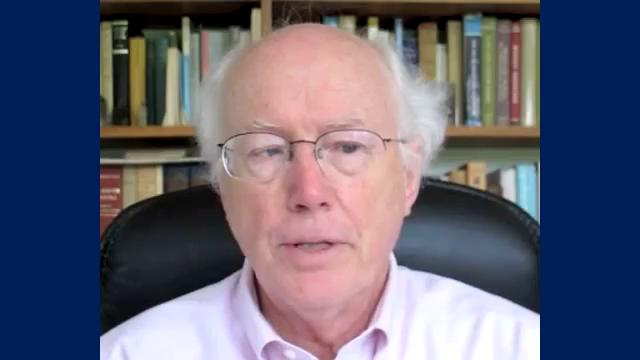
The future of the Internet today is not defined by technologists, it is defined by the rich interplay between technology and the larger context of economic investment, regulatory theory, social, cultural, and political concerns. It’s a challenge for the technical community to understand these larger factors.

